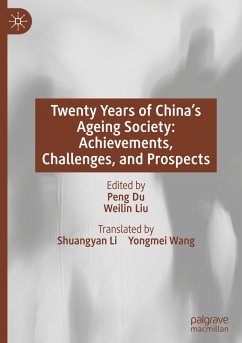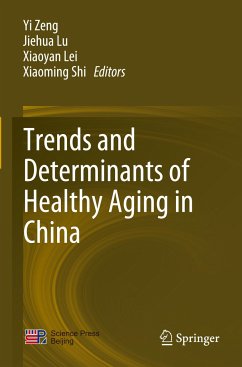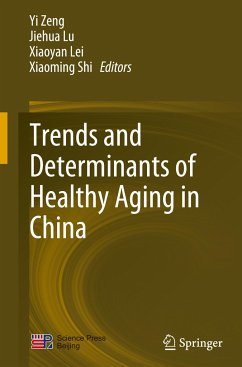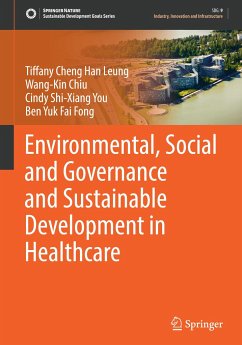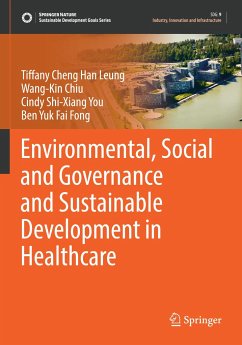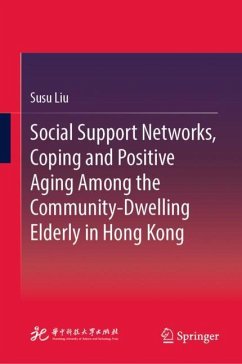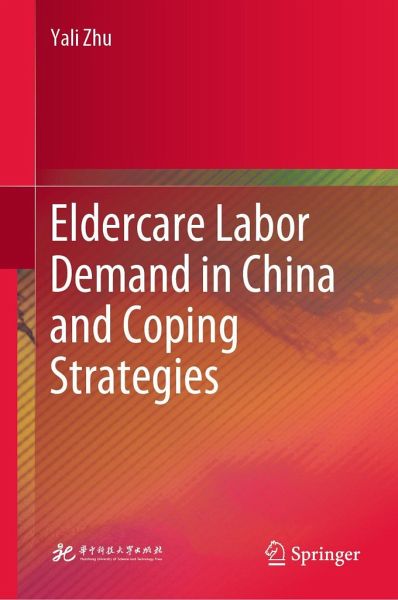
Eldercare Labor Demand in China and Coping Strategies

PAYBACK Punkte
49 °P sammeln!
This book employs Markov models and propensity score matching methods to analyze the demand for elderly care labor, utilizing data from the China Longitudinal Healthy Longevity Survey (CLHLS) and World Population Prospects 2022 (United Nations, 2022). The model predicts the health transferring scenario among the aging population firstly, and then the demand for elderly care labor from 2022 to 2058 under a fixed care time demand scenario according to 8-hour working system, as well as national and provincial regulations on caregiver-carereceiver ratios. The accelerated aging process and rapid in...
This book employs Markov models and propensity score matching methods to analyze the demand for elderly care labor, utilizing data from the China Longitudinal Healthy Longevity Survey (CLHLS) and World Population Prospects 2022 (United Nations, 2022). The model predicts the health transferring scenario among the aging population firstly, and then the demand for elderly care labor from 2022 to 2058 under a fixed care time demand scenario according to 8-hour working system, as well as national and provincial regulations on caregiver-carereceiver ratios. The accelerated aging process and rapid increase in the younger elderly population will result in a rapid increase in the demand for elderly care labor for the healthy elderly until about 2042, with a 1.5-fold increase. This is followed by accelerated growth in the demand for elderly care labor for the impaired and dysfunctional aging population. Over time, the supply of older adults without care will gradually increase, nearly doubling by 2058 compared to 2022. It is recommended that on the one hand, eldercare labor demand in China can be reduced from the origin by improving the health of the population; and on the other hand, the effective supply of elderly care be expanded by building a modern care service system, improving relevant policies, integrating care resources, and innovating the supply model.




